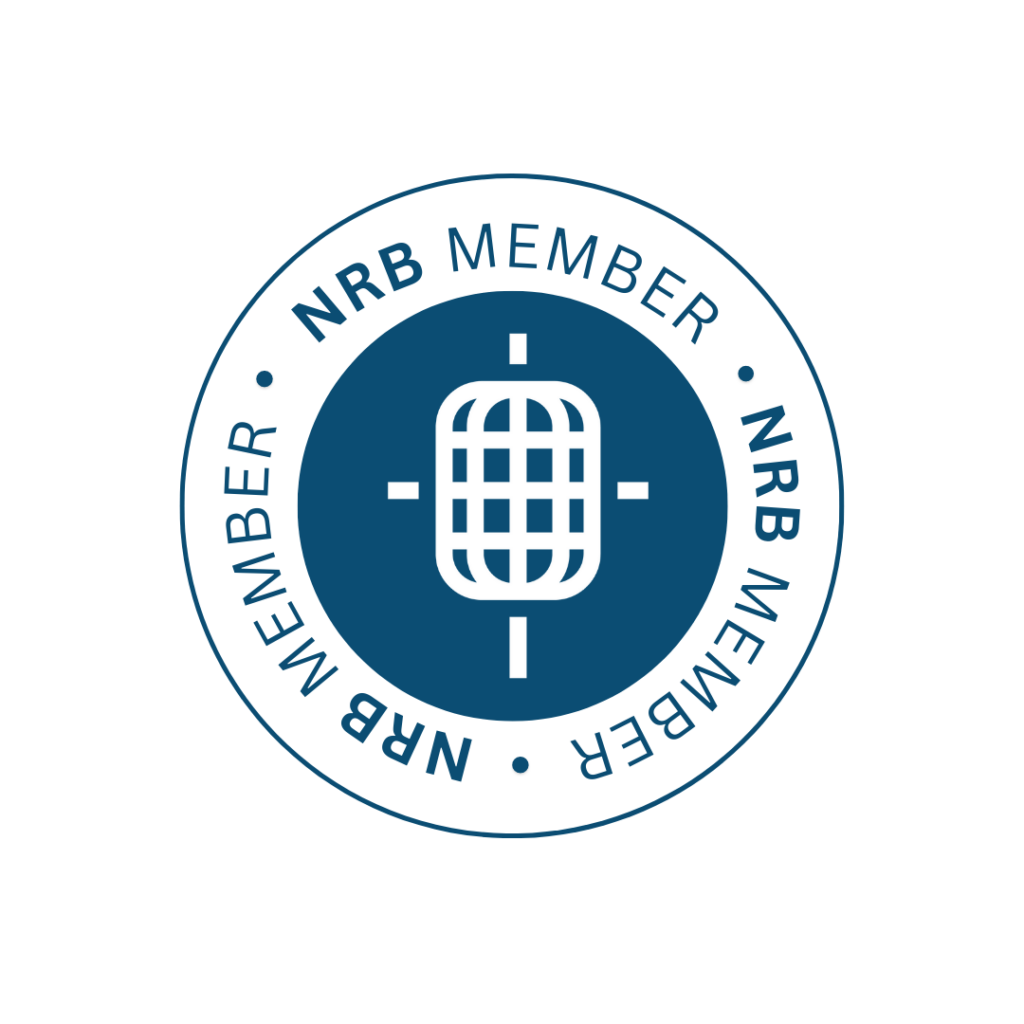Jumping to Conclusions is a Great Thing to do!
That’s right; some of the oldest and largest nonprofits in the world are joined by some of the newest and smallest organizations in this seductive activity! It must be working for them, because I see this practice in use all the time.
What I like about this approach is:
- It keeps me from having to ask defining questions
- It’s just plain easier
- It allows me to use the power of my position to make sure my agenda is accomplished
- It eliminates the process of having to dig through reams of information
- I no longer need to spend all that time listening to others
- It reinforces my self-perception that I’m an experienced fundraiser
- It doesn’t require me to have to learn all those best practices
- It reinforces our corporate culture’s view that we are “unique”
- It’s more efficient; just jumping to a conclusion enables me to get more done in less time
There are only two bad things about jumping to conclusions that I can see – it puts my job and my organization’s mission in peril. Yikes! Perhaps jumping to conclusions is only a great thing to do if I’m willing to live on the precipice of failure.
Obviously I’m using sarcasm to make an important point. I know you want to do what is right, and you love your organization and want to see it succeed. However, what I began with is entirely true. Far too many nonprofits have drifted along, some for over 100 years, without their development staff mastering the science and art of developing critical thinking.
It’s not that these organizations don’t care; they actually passionately care about their mission. In most cases, when I’ve witnessed the lack of critical thinking it is because the emphasis within the organization is on the mission, NOT on the most effective ways to fund it. Perhaps to put it another way, jumping to conclusions can seep into an organization without anyone being aware of it. It’s not likely there is malice involved here, but rather a lack of knowledge and perspective.
Rather than simply citing some problems, let me offer some principles to help you along your way:
- You don’t have to guess. Reality is your greatest ally. Great questions are what make a great fundraiser. Take the time to ask all the relevant questions you can.
- You’re not really looking for easy answers; if you were, anybody could do your job. You’re looking for truth.
- Your agenda is really the success of serving, both your co-workers and the nonprofit you serve. Effective fundraising is a community effort, so be inclusive.
- Accurate information is your friend; use it to make effective decisions. If you’re uncertain about the accuracy of the information you’re using, insist on verification (several times if necessary).
- Seek the counsel of others who know effective fundraising, i.e. other successful development officers in your community or trusted outside counsel.
- Experienced fundraisers know what they don’t know and admit it.
- Best practices are attainable, but you must become a student of philanthropy. Soak up every bit of information you can and be certain any counsel you rely on is backed up by successful case studies or examples.
- You already know your organization is “unique,” but the principles of successful fundraising still apply to you. Your mission is unique, but proven strategies work because they’re proven.
- Efficiency must come second to effectiveness. First spend your time learning and applying what really works, then refine your processes to make them more efficient.
Mmmmmm…so maybe jumping to conclusions isn’t all that it’s cut out to be. Sometimes the difficult journey of developing critical thinking skills can make you want to take a shortcut. You’ll be glad you didn’t when you experience the joy and satisfaction of a job well done and the exciting advancement of your mission.
Related articles
-

What to Think of Artificial Intelligence and Its Impact on Fundraising . . .
In trying to summon an image to represent our theme for this issue of Donor Focus, I found myself drawn…
-

Fundraising Meets Artificial Intelligence
In this article, we’ll explore the captivating realm of AI-powered fundraising efforts—the boundless benefits and intriguing challenges that arise when…







